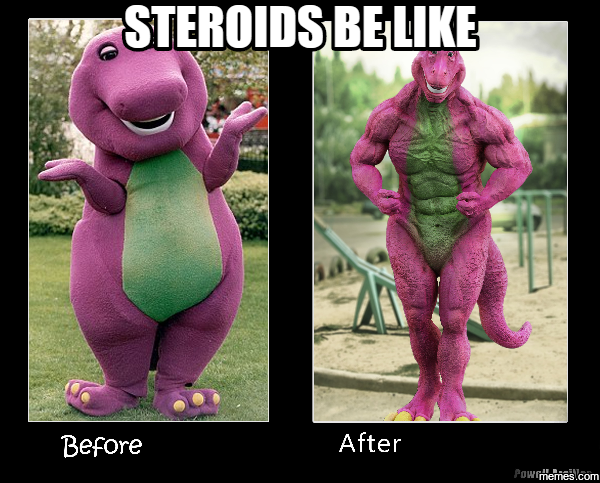
(source)
First, let’s get some definitions out of the way, for those who aren’t quite up to date on current LGBT vocabulary. Cis is someone who identifies as the gender they were assigned as, while trans is not. Nonbinary people are those who identify outside of male and female. Sex is what is your genitals/what you were called when you were born. Gender is what you identify as. Lastly, a trans-trender is someone who pretends to be trans for attention.
Now, psychology has proved that trans people are real, and that sex has nothing to do with your gender, which is stated in the link above along with the definitions. So, first I will present what being trans is, the possible motivation of trans-trenders, and then see if nonbinary people are real and is it a valid gender.
Trans people suffer from gender dysphoria, which is the feeling people often describe as feeling as though “you were born in the wrong body/gender”. Gender dysphoria is the very thing that causes people to identify as a different gender. Gender dysphoria is a mental illness, and the cure is transitioning. I have seen many people often ask why some trans people don’t get “the surgery”, and the answer is trans people do not transition for the public, but rather to alleviate their own self-hatred and mental illness. This is where trans-trenders differ.
Trans-trenders don’t transition at all, more often than not identify as nonbinary, and will often times argue that there is no need to have gender dysphoria, which is where my confusion sets in. I will admit that at one point, I agreed with this thought because I thought this was saying that the public cannot police how trans people exist, but see, if a person has no gender dysphoria, then why would they identify as another gender? Now, this could very well be to a misunderstanding, as gender dysphoria does not have to be physical. As I said, gender has nothing to do with one’s physical body, but rather how they feel and mentally identify, so their dysphoria could be mental. However, I do have a theory as to why people might feel the need to identify as trans when they are not.
There’s a website called tumblr, and while I’ve been on there for four+ years and enjoy my time on that platform, there is a very toxic area on the website that hates privileged people, and believe white, cis people are scum, and even though “down with cis” was a joke, too many took it seriously. Now, I will say that I’m not cis gendered myself, but I can definitely see why they loud hatred of cis people can make someone want to hide from that label. Why else would someone willingly subject themselves to transphobia? Do these people just not realize how many trans people are attacked, harassed, and more likely to be killed? Now as to why most of these trans-trenders identify as nonbinary? I have a theory that it’s just easier to look androgynous than the opposite sex.
Now, my next question is, are nonbinary people real? I have yet to see the trans community hate nonbinary people, in fact the only youtubers I personally have seen have been cis men with commentary channels, and the trans community seems to overall accept this identity pretty much completely. But does science?
As I stated before, psychology supports that gender has nothing to do with psychology, which is stated on page as I stated above, which would open the doors to more than two genders. This article goes over the experience of being nonbinary, and discusses gender dysphoria and transition processes, which would make them trans by definition, as I discussed before.
The main argument that I see besides nonbinary people are trans-trenders is that many people just deny their existence or say it isn’t possible. Now, I find this unlikely, as there are older people who identify outside the gender binary, making it unlikely it is something teenagers with underdeveloped brains do, and the state of Oregon, one can legally identify as nonbinary. Now, in order for a state to justify this gender, surely there must be some sense behind it? I don’t understand how many people can just deny it isn’t possible to identify as nonbinary, but it is legally in Oregon.
The way I see it is, nonbinary is a real and valid gender, and people can identify as it, but the gender has unfortunately been used by people who wish to be apart of the LGBT+ community either for attention or to avoid being harassed on the internet, only to be harassed more for identifying as trans.


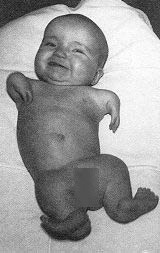





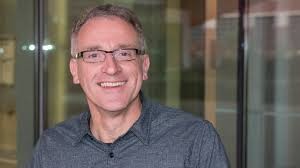
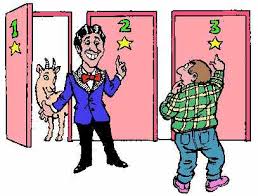











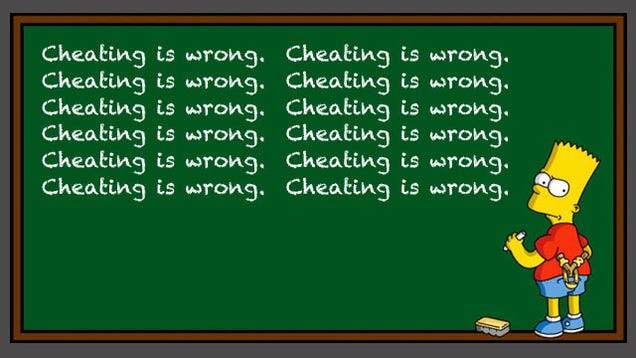





_-_Profile.jpg/revision/latest?cb=20130506224906)
